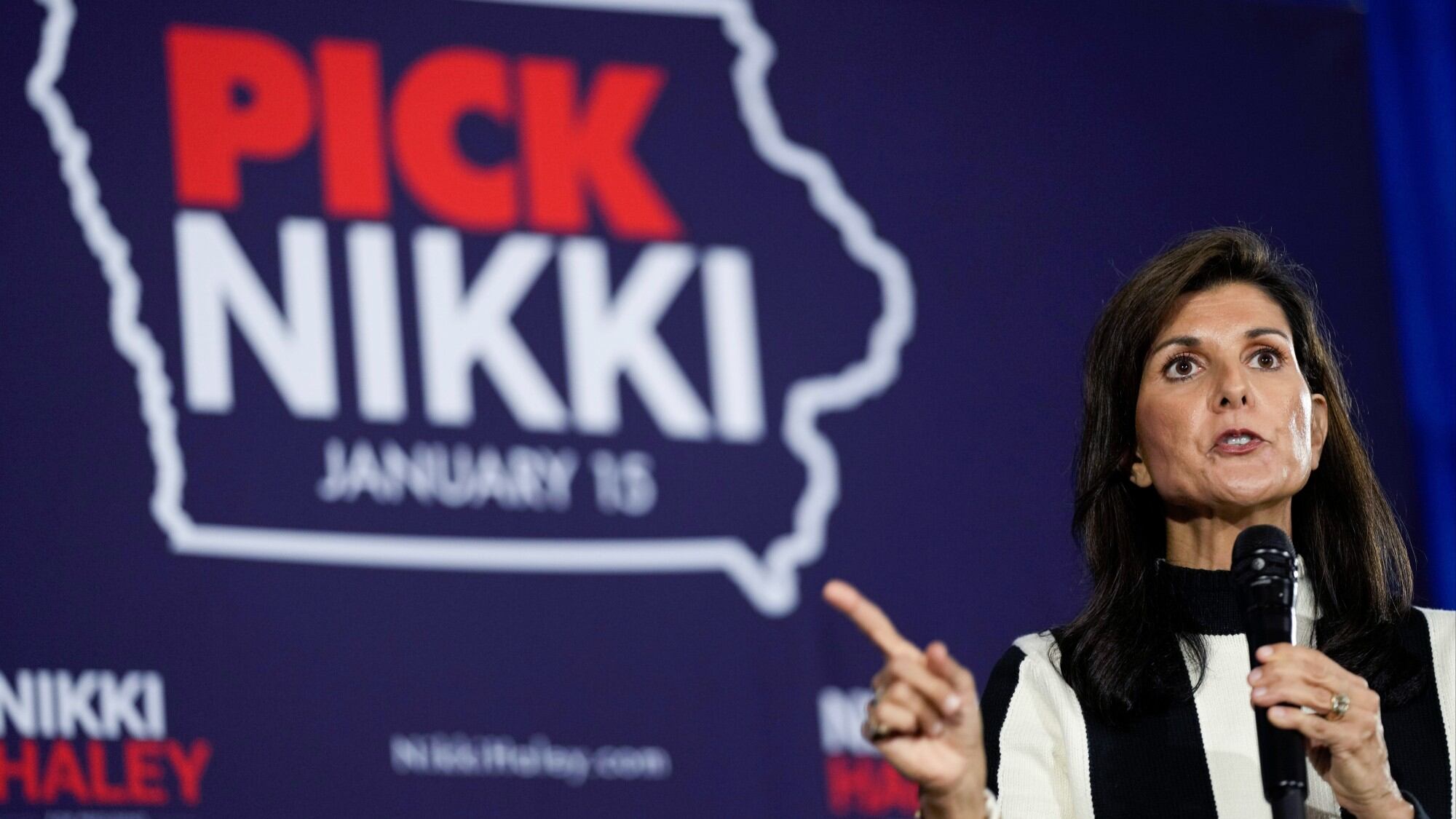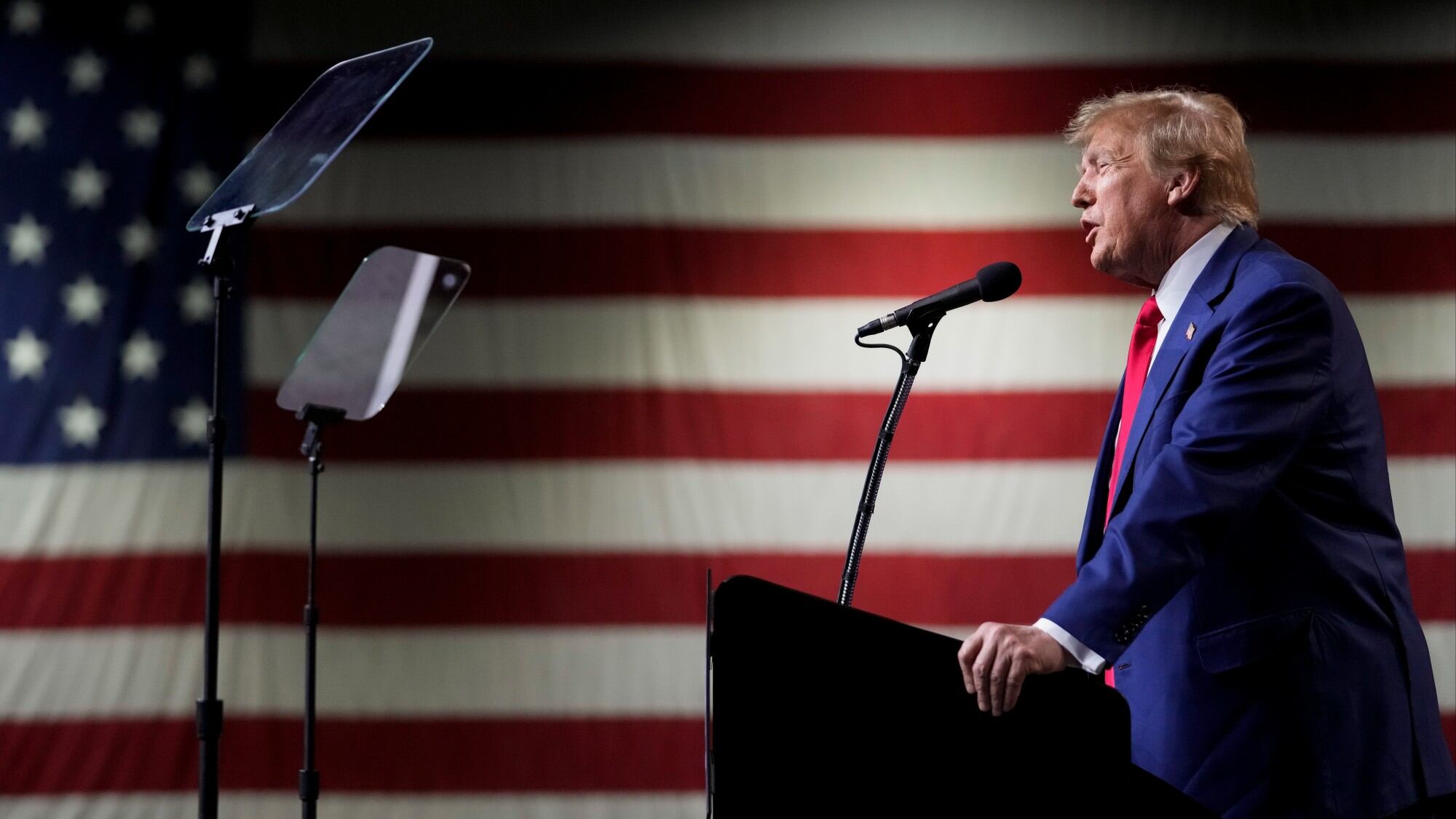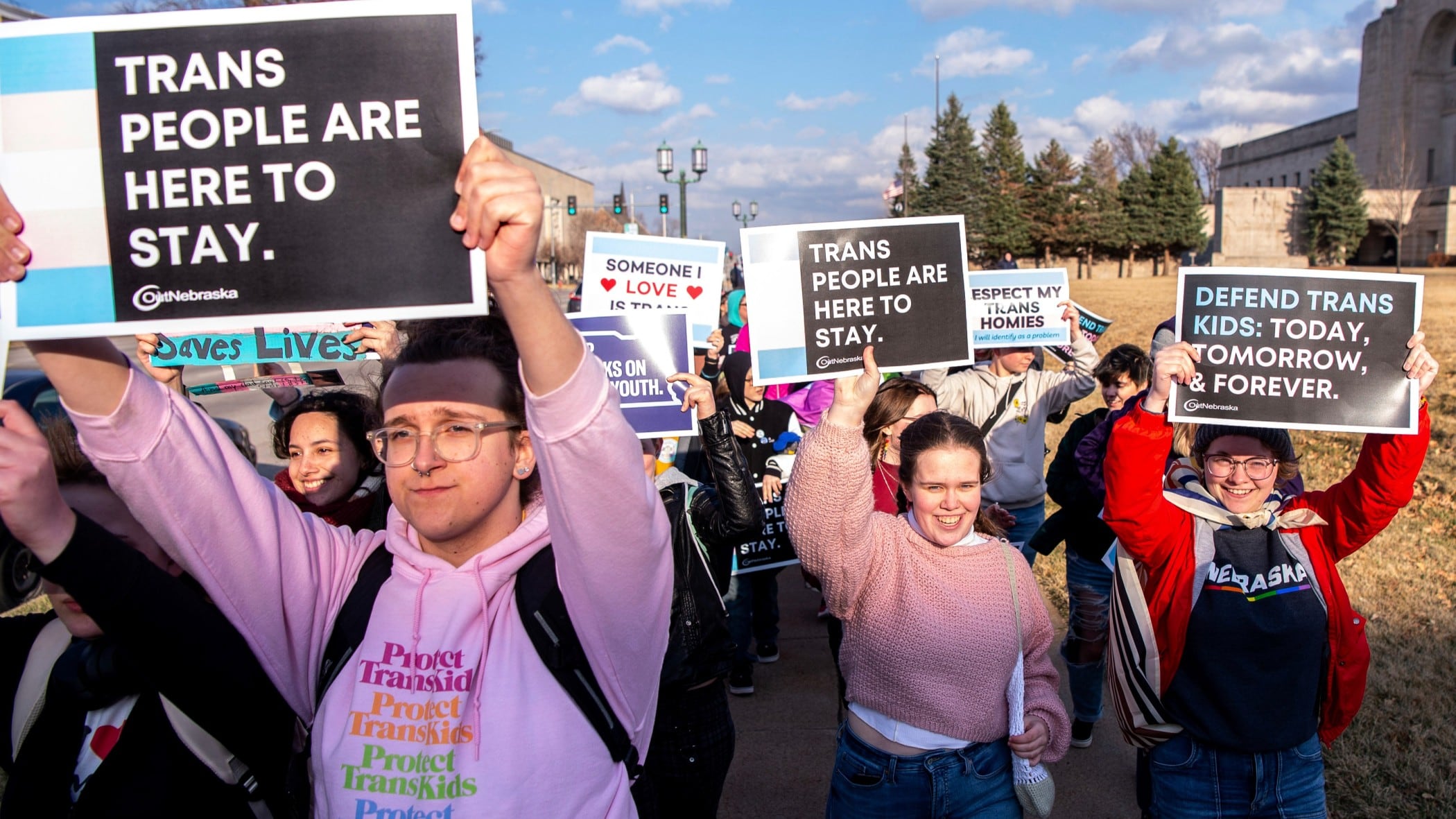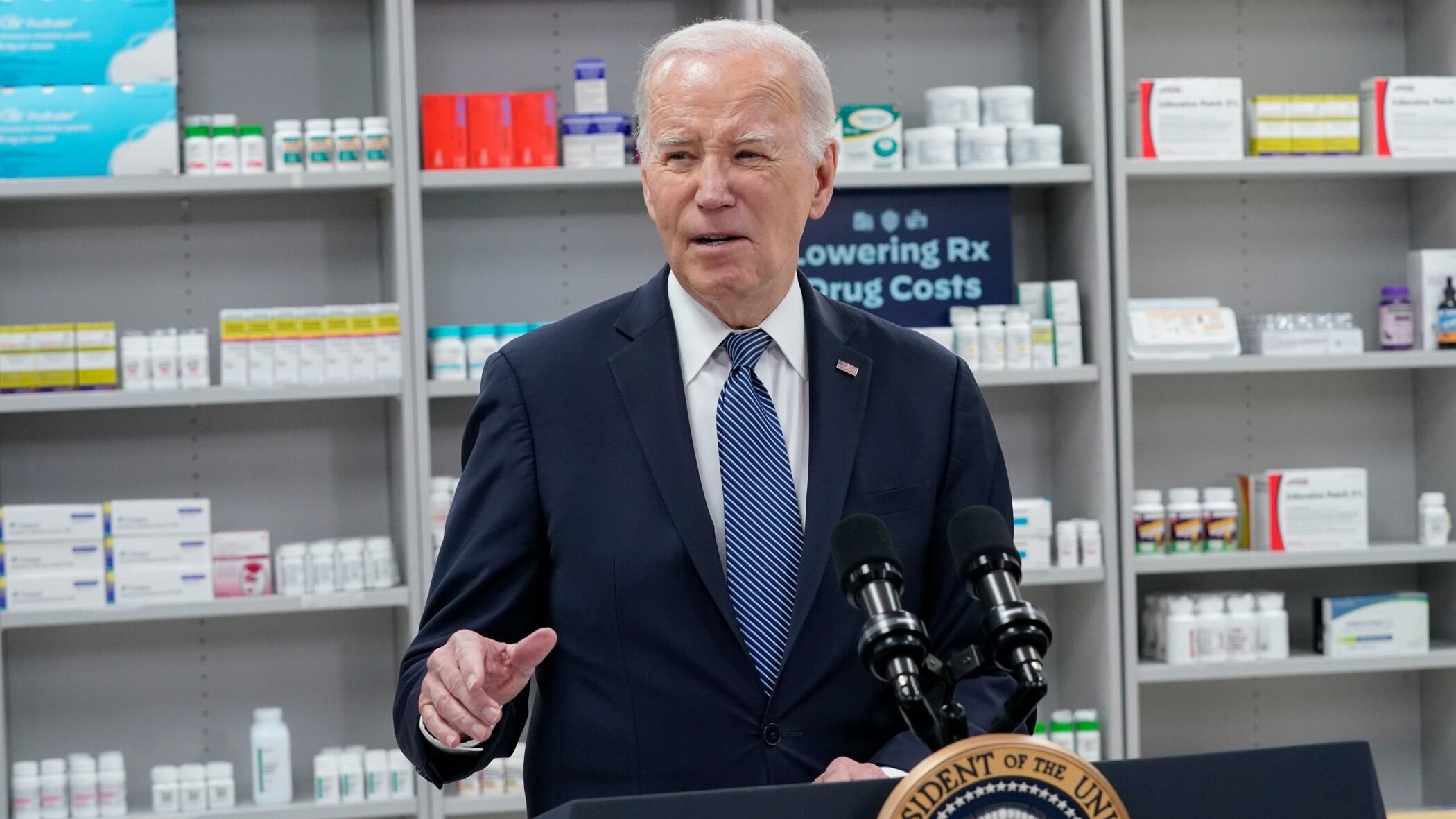On Tuesday a federal appeals court in New York ruled that President Donald Trump, when using his infamous @realDonaldTrump Twitter account, cannot block his critics. That decision upholds an earlier district court ruling.
The court found that an account used by a public official to conduct "all manner of public purposes" cannot exclude those who disagree that official from participating in an open, online discussion.
The Justice Department defended the president in the case, which was first brought by the Knight First Amendment Institute in 2017. The Institute represented several critics of the president who have been "blocked" by the @realDonaldTrump account.
In an emailed statement, Justice Department spokesperson Kelly Laco said, "We are disappointed with the court's decision and are exploring possible next steps. As we argued, President Trump's decision to block users from his personal twitter account does not violate the First Amendment."
However, the court found that the account was not "private," meaning the government had engaged in "viewpoint discrimination," which violates the First Amendment.
When asked by Cheddar whether Twitter would stop the @realDonaldTrump account from blocking other users, the social media company declined to comment.
"Public officials' social media accounts are now among the most significant forums for discussion of government policy," said Jameel Jaffer, the executive director of the Knight Institute, in a press release Tuesday. "This decision will ensure that people aren't excluded from these forums simply because of their viewpoints, and that public officials aren't insulated from their constituents' criticism."
Trump has frequently announced his policy intentions ー and other ruminations on politics ー through that account, though he also has access to an official presidential Twitter account run by the White House.
Also unhelpful to the Justice Department's argument that the account is private is that multiple White House officials have referred to the @realDonaldTrump account as an official source of information. For instance, in 2017, then-White House Press Secretary Sean Spicer said that tweets from that account should be considered "official statements by the President," and the White House itself has included statements made from the account in collections of official White House records.
The White House Director of Social Media, and assistant to the president, Dan Scavino, helps Trump run that account.













